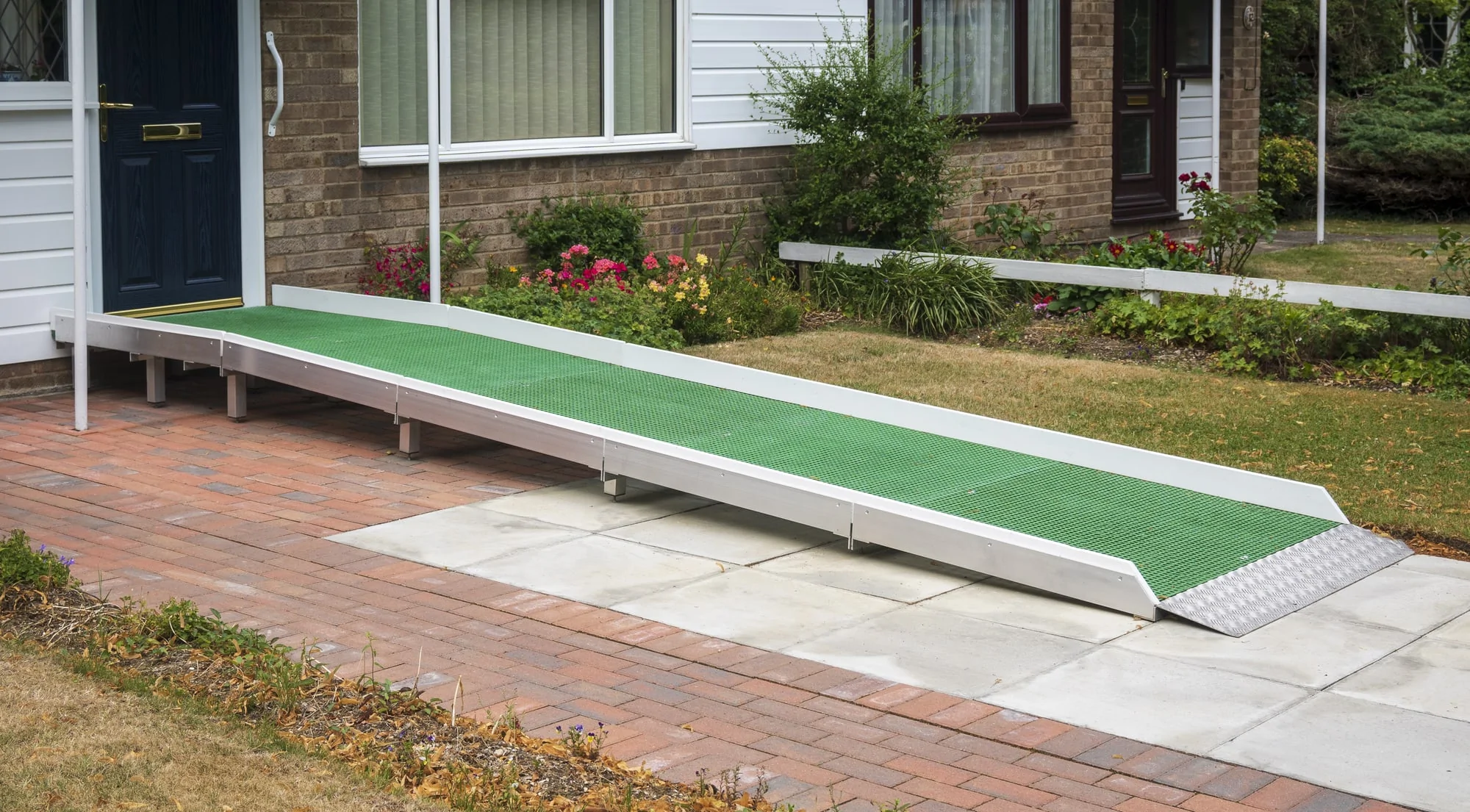If you live in a single-family home, townhome, or condo and live within an HOA, there are many options for making “reasonable modifications” to your home to afford “full enjoyment” as you live with a disability or age in place with increasing physical limitations. Disabled people have a legal right to full enjoyment of their homes just as nondisabled do and if a modification is needed to allow that full enjoyment, it must be allowed. If you’ve lived an active life and suddenly find that you are struggling with one or more life activities, even something as straightforward as limited mobility due to arthritis, you may be determined legally disabled under the Fair Housing Act. This must be determined by your doctor and it may be all you need to turn your HOA’s objections into an approval for your desired reasonable modifications which will afford you full enjoyment of your property.
Upon receipt of your application for a modification to your property, an HOA Architectural Control Committee may find that your proposed changes do not fall into their guidelines. It’s important that your application states that you are a disabled person and that you are prepared to provide documentation and prove the nexus between your disability and the proposed modification. If you meet that nexus and you have documentation, you should be able to gain approval. An example of the relationship or nexus between your disability and the modification would be a wheelchair ramp for a mobility impaired resident. The HOA may not like the aesthetics, but the law is on your side. However, it doesn’t have to be something as straightforward as the wheelchair ramp example.
What if you are mobility impaired and you are no longer able to take daily long walks with your dog? You may need a fence in an area of your yard, or a configuration that allows you to care for your pets, but is outside of the guidelines for the placement of the fence. If you are disabled and your proposed reasonable modification for the fence does not fall within the guidelines of the HOA covenants, but you have proved the need with supportive documentation from your physician, the HOA may be compelled to allow your request.

